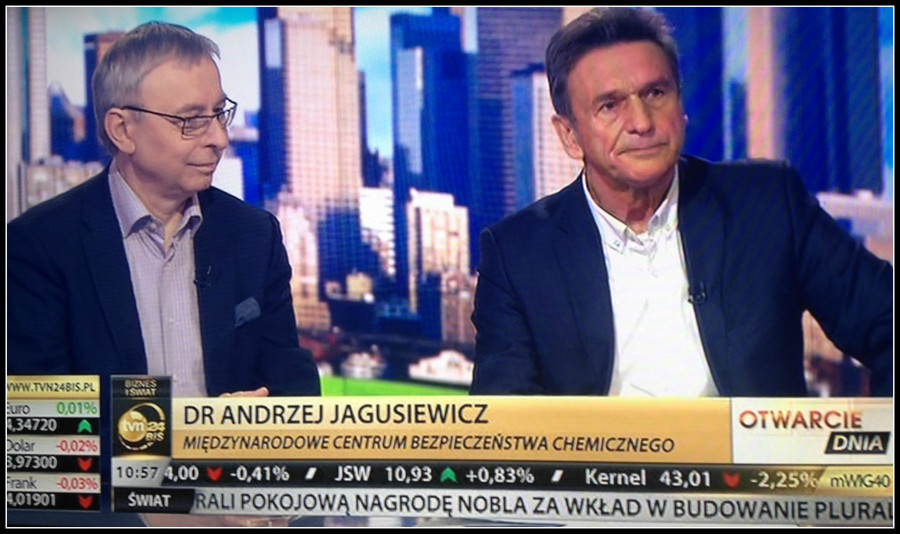Maintaining the growth of global warming below two degrees and a vast reduction of gas emissions. These are the main assumptions accepted by nearly 200 countries at the Climate Summit COP21. The growing importance of chemical safety is an integral part of these considerations, and is on par with ecological safety.
Effective implementation of chemical and environmental safety will play a key role in shaping global long-term energy and industrial policies. The inclusion of integrated environmental assessment, acceptance of paradigms of sustainable development and corporate social responsibility, will bring many benefits creating new quality of technological and organizational culture.
Investments in low-carbon energy sources and development of new technologies, will reduce pressure on the environment and become the way to zero-emission economies. Such effects, according to the assumptions of world leaders, should be expected in 2100.
Implementation of climate policy on the basis of a low carbon economy - including renewable energy sources, which currently cover only 15.5% of the EU's energy mix – will give a positive impact on life and health of population. It applies both, the reduction of carbon dioxide (which is a neutral compound) and the reduction of classical pollution, wherein 15% are toxic.
According to the report of the United Nations, in 2010 as a result air pollution, the number of premature deaths in the European Union totaled 600,000, average life shortened by 12 months. According to finances, the cost of climate policy may relieve the budget on reducing emissions up to 80%.
Important factor in shaping an effective multilateral cooperation is enhancing the role of Public Private Partnership (PPP), which is the incubator of innovative solutions in the field of science and industry.
International Centre for Chemical Safety and Security (ICCSS) will actively participate in the implementation of the PPP, through the development of chemical and environmental safety at the local, national and global level. Centre provides a platform to support Polish and International partners, to eliminate the negative impacts on the environment and to reduce carbon dioxide emissions. One of the many ICCSS partners in this field is the Canadian company Nannoil Corporation Ltd., which offers energy products from agricultural sources, including oil extracted from seeds.
Assumptions made in the framework of the UN Climate Convention, also concern rising a special climate fund worth 100 billion dollar by 2020. The beneficiaries of the fund will be developing countries, for whom adaptation to climate changes and reduction of emissions, are one of the biggest challenges in coming years. Public-Private Partnership can enhance this process, uniting the world in climate protection and providing investments with high level of chemical and environmental safety.
Activities related to the implementation of Public-Private Partnership on a practical level, will be an important element of the Global Summit on Chemical Safety (www.Chemss2016.org). ICCSS is the global pioneer in the integrated approach to chemical and environmental safety.

